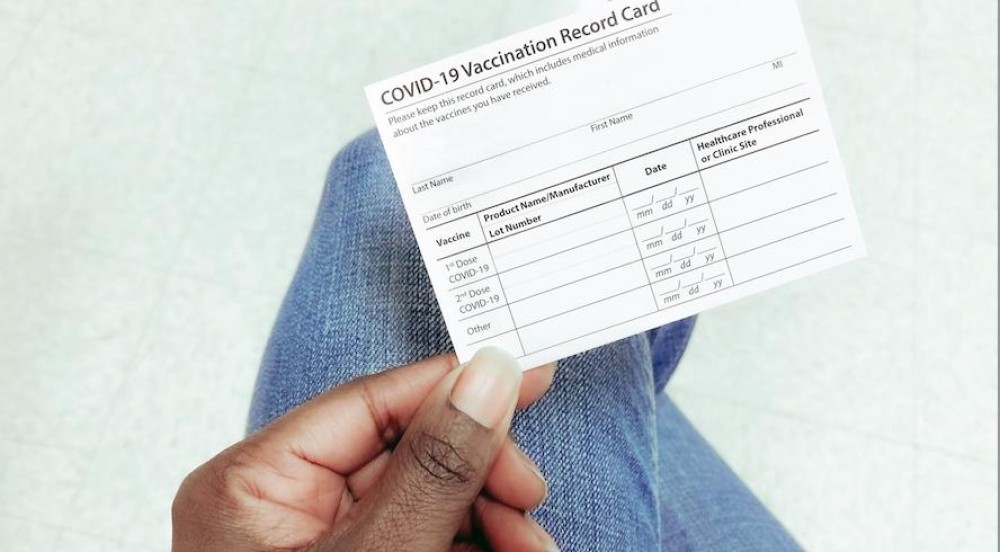Next week will mark two years since Proclamation 9994 declared a national emergency concerning the COVID-19 virus. And while efforts to control the disease have been multiple, the country still lacks the confidence and collective spirit to fully emerge from this unprecedented pandemic. Following last week’s State of the Union address, the White House released the National COVID-19 Preparedness Plan in an effort to change that. The guide is being touted as a new roadmap that will help the nation move forward safely while building on the fruitful efforts that have been implemented over the last year-plus of the Biden Administration.
During a press call attended by EBONY, Dr. Anthony Fauci, the nation’s leading infectious disease expert, and Dr. Cameron Webb, senior policy adviser for equity on the White House's COVID-19 response team discussed what this means for Black communities. White House officials are particularly concerned by the vaccination gap between senior people of color and younger people of color. It’s why they are continuing to implement initiatives in an effort to help close the divide.
“When we think about boosters, we know that the primary series is really an important start to protecting yourself against COVID-19, particularly Omicron,” Webb explained. “But the boosters really give you a level of protection, neutralizing antibodies, it's really valuable.”
Webb says that when looking at the numbers, 68 percent of Black seniors are boosted. In the white community, that number is roughly 70-71 percent. And when looking at the national average in terms of eligible individuals to be boosted, it's about two-thirds. That’s a comfortable number for the experts. However, for the 18 to 39 range, Webb said the gaps are significantly bigger, “probably in the 10 to 12 percentage point range difference and the reasons are driven by the fact that there's vaccine hesitancy.”
Webb breaks those reasons down into three buckets which he calls the three C's: convenience, which relates to the access; confidence, which relates to safety and efficacy, an issue that has slowly dissipated with full FDA approval of vaccines; and, the last piece is complacency.
“I think for younger individuals, having seen so much COVID around their peers and in their community, that notion of the risk of hospitalization and death in the younger age range—it really is not rising to the same level,” Webb said. It’s why the White House is leaning on what they call “the local trusted messengers model”—churches, community groups, Black media—to get the message out that boosters are important.
“So many people who got COVID-19, particularly communities of color who got Omicron over the last two months are asking the question—‘If I just got infected, do I need a booster?’ And as Dr. Fauci will tell you, I'll tell you, the answer is ‘yes’ you still need to get a booster,” Webb asserted. Adding that this additional shot is what really helps to enhance the body's ability to respond to the virus when people come into contact with it.













